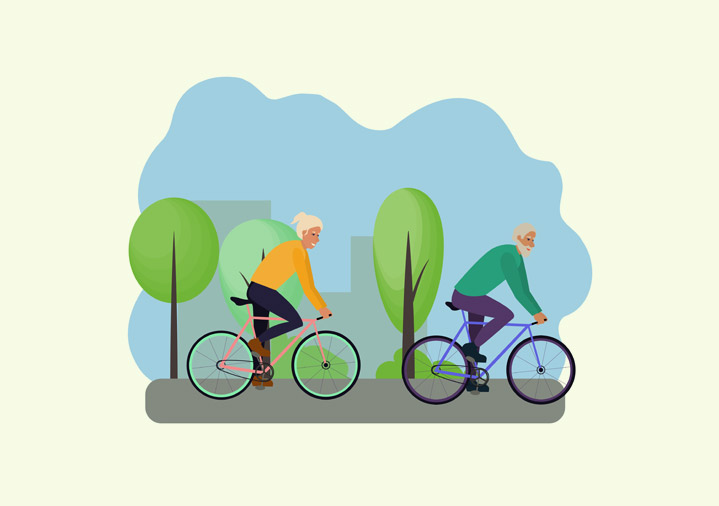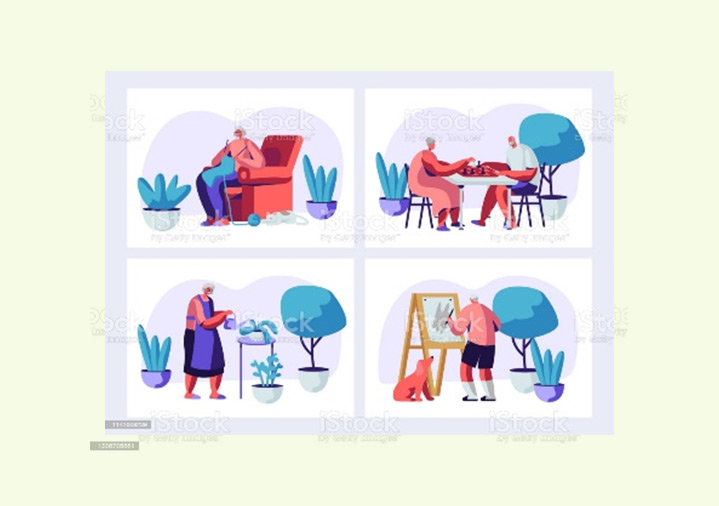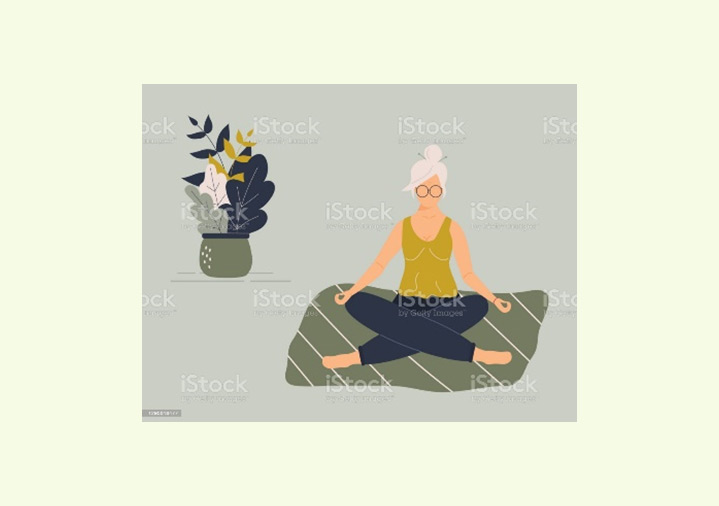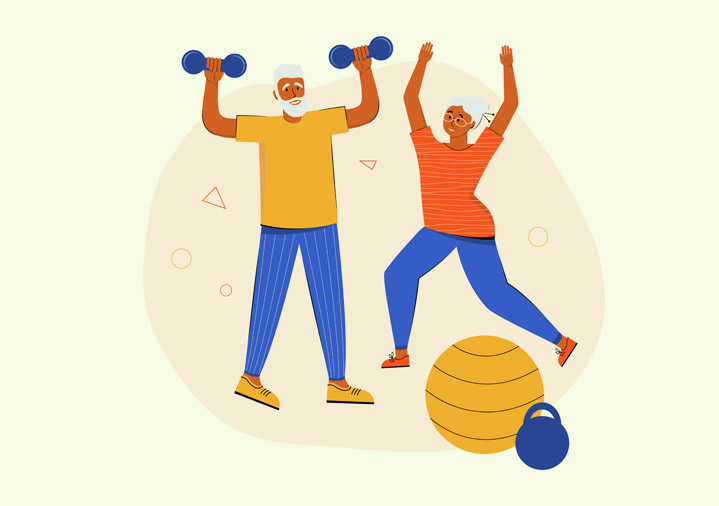was designed to be a virtual program in response to the COVID-19 Pandemic. RISE continues to operate daily with programs that focus on physical exercise, social programming and workshops.
The goal of RISE is to decrease social isolation for those unable to leave their homes or are faced with extraordinary barriers to attend in person programs. RISE helps to connect our seniors to resources and a supportive community without having to travel outside the home.

is an integrated in person program offered in community spaces and places of worship to keep participants healthy and socially connected. Using exercise, social activities, arts programs and education & awareness workshops, the program aims to reduce social isolation and improve the wellbeing of our clients to age in place

is delivered in collaboration with Carefirst Seniors and Community Services Association. Led by qualified instructors, classes focus on helping clients build endurance, strength, flexibility and balance to mitigate falls.

Program provides an integrated ethno-specific program in a culturally and linguistically sensitive manner for frail seniors who may also have borderline dementia. This program consists of information on prevention and wellness philosophies, yoga and mild mobility exercises, enjoyable activities, including the opportunity for socialization and peer support.

aims to teach participants the significance of overall wellness and ways to support their needs from a holistic lens. To meet these aims, sessions will focus on topics like self-care, self-esteem, self-compassion, self-awareness, and self-regulation.
Participants will discover how each component can impact their physical, emotional, spiritual, and mental wellbeing and will learn to incorporate these components to enhance their overall wellness.
To learn more about or register for these programs, please contact Hina Abubakar – Program Manager – hina@ssnon.com.

For seniors, volunteering and taking on leadership roles in the community promotes active aging, which can enhance quality of life in one's later years.
Volunteering provides a sense of purpose, builds critical skills, promotes physical health, and creates natural pathways for establishing social networks. Social Services Network supports seniors' clubs so that they can operate autonomously in our community.
For information about local resident led programs like Zumba and Tai Chi please contact Naz Arain - naz@ssnon.com.

Social Services Network is co-leading the development of a Community Safety and Well-Being (CSWB) Plan for the South – Markham community. The mandate of this collaboration is to strengthen local capacity by convening a broad cross-section of community stakeholders to address risks to community safety and well-being, identify short- and longer-term solutions to address these risks, and articulating these insights for inclusion in the CSWB Plan for York Region.
7-Generation Legacy project is an interagency and intergenerational strategy that seeks to connect seniors and youth with the purpose to help the community grow and learn from the past while building for the future. Working with the Legacy project to create this connected program, we hope to engage members of the community to connect and keep the conversations going across the generations.

“My confidence level was very low, but after attending the sessions, I felt that I was strong, and I could build my confidence strong. I don’t have to think about who will say something, I should care for myself. Before I was very down and I was shy to express myself, but after attending a couple of these sessions, I have a strong feeling in my heart, and I can express myself now. There was a big change in myself.”